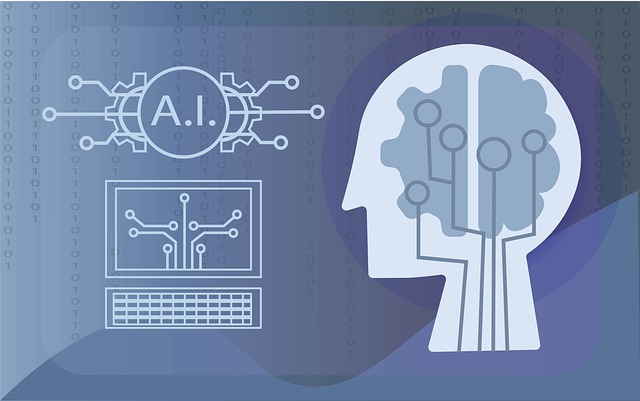The food manufacturing industry is continuously seeking innovative solutions to improve efficiency and productivity. One such technological advancement that holds great promise is the utilisation of AI inference PCs. These powerful machines equipped with cutting-edge AI capabilities have the potential to revolutionise the way food is produced. By leveraging deep learning algorithms and advanced data processing, AI inference PCs can optimise various aspects of the food manufacturing process, leading to enhanced productivity, quality control, and costefficiency.
Optimising Production Processes
AI inference PCs bring a multitude of benefits to the food manufacturing process. With their exceptional computational power, these machines can analyse vast amounts of data in real-time, enabling manufacturers to optimise their production processes. Through advanced computer vision systems, AI inference PCs can identify defects, sort products, and monitor equipment performance, reducing errors and enhancing overall efficiency. By automating repetitive tasks and streamlining operations, manufacturers can achieve higher throughput, lower waste, and faster time-to-market.
Quality Control and Food Safety
Maintaining stringent quality control standards and ensuring food safety is of paramount importance in the food manufacturing industry. AI inference PCs play a pivotal role in these areas by enabling real-time monitoring and analysis. By leveraging machine learning algorithms, these systems can detect anomalies, such as foreign objects or contaminants, with greater accuracy and speed than manual inspections. Additionally, AI inference PCs can analyse sensor data to ensure optimal environmental conditions for food storage and transport, minimising the risk of spoilage and contamination. This level of automated monitoring not only enhances food safety but also helps manufacturers comply with industry regulations.
Improving Resource Management
Efficient resource management is vital for sustainable and cost-effective food production. AI inference PCs offer valuable insights into optimising resource allocation. By analysing historical data and real-time inputs, these systems can provide manufacturers with recommendations on energy consumption, ingredient usage, and waste reduction strategies. Through predictive analytics, AI inference PCs can anticipate maintenance needs, allowing proactive measures to be taken, thus preventing costly breakdowns and downtime. The integration of AI inference PCs with Internet of Things (IoT) devices, such as those offered by things-embedded.com, further enhance resource management by enabling smart, data-driven decision-making across the manufacturing ecosystem.
To sum up, AI inference PCs have emerged as game-changers in the food manufacturing process, offering immense potential for improvement. With their robust computational power and advanced AI capabilities, these machines empower manufacturers to streamline production processes, maintain stringent quality control, and enhance resource management. As technology progresses, the food industry stands to benefit greatly from the adoption of AI inference PCs, driving innovation and boosting overall efficiency. Embracing these transformative technologies not only enables manufacturers to meet the ever-growing demands of consumers but also ensures the production of safe and top-notch food products. By embracing this technological wave, the food industry can pave the way for a future of optimised processes and enhanced consumer satisfaction. Also, by harnessing the capabilities of AI inference PCs, food manufacturers can stay ahead of the competition, drive operational excellence, and foster continuous innovation for long-term success in the ever-evolving market landscape.







